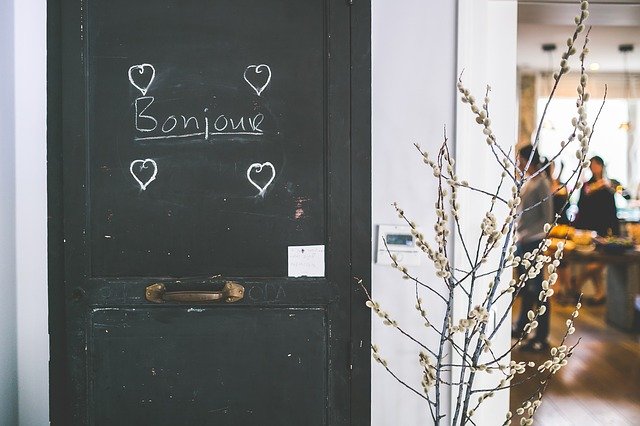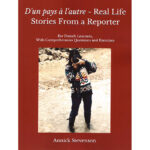To add to our previous lists of expressions published in our Free eMagazine French Accent Magazine where we provided some “do’s” and “don’ts” of typical mistakes that frequently result from making a direct and literal translation from English to French, we have come up with an additional list. These common errors are what differentiate a French native speaker from a foreign French speaker. As was the case last time, we carefully chose those we hear most often and which will make a difference to the French native’s ear.
1) The opportunity
There is a direct translation for the word opportunity which is l’opportunité but it is used mostly in a professional context.
Example: Chez Siemens, j’ai eu l’opportunité de lancer un nouveau projet = At Siemens, I had the opportunity to launch a new project.
However, when you wish to express the word opportunity in a social or casual context; then it will sound a bit awkward to use l’opportunité. Best would be to say la possibilité or l’occasion.
Examples:
J’ai eu l’occasion de rencontrer la femme de Laurent = I had the opportunity to meet Laurent’s wife.
Avec mon voisin, j’ai l’occcasion (ou j’ai la possibilité) de parler en français =With my neighbor, I have the opportunity to speak French.
L’occasion will be used when referring to a lucky type of opportunity while la possibilité communicates that you have a distinct and possible opportunity in a professional sense.
Don’t Say: J’ai eu l’opportunité d’aller faire du ski dans les Alpes françaises.
Say: J’ai eu l’occasion/la possibilité de faire du ski dans les Alpes françaises = I had the opportunity to go skiing in the French Alps.
2) Second hand/ used
It’s only natural to move on to this topic as this is giving us the occasion (the opportunity) to elaborate about the word occasion!
We learned in point 1 above that occasion can be used to replace the word opportunité. You will also notice that this same word is also used for second hand or used things.
Example: J’ai acheté une voiture d’occasion = I bought a used car.
Idem with used books: des livres d’occasion; used furniture: des meubles d’occasion, etc.
If you are in France, you’ve probably seen it many times on signs. Notice also that we do not use the word usé for old or second hand because that would give the object a negative connotation. Usé means that is has been used a lot and it is no longer in a good shape or worn out.
Don’t Say: J’ai acheté une voiture usée.
Say: J’ai acheté une voiture d’occasion.





 Improve your French aural comprehension, your French writing skills or your grammar knowledge. Communicate with ease and confidence when traveling in France… Our ebooks have helped thousand of French learners. Ebooks with audio, exercices, short stories, etc.
Improve your French aural comprehension, your French writing skills or your grammar knowledge. Communicate with ease and confidence when traveling in France… Our ebooks have helped thousand of French learners. Ebooks with audio, exercices, short stories, etc.
 We want to clarify the usage of two French verbs which both mean “to pick up”: ramasser et aller chercher.
We want to clarify the usage of two French verbs which both mean “to pick up”: ramasser et aller chercher.